The potential of psychedelics to transform mental health treatment remains significant and should not be undersold. An increasing number of studies covering a wide range of substances are showing promising results.
However, realising this potential requires a grounded, methodical, and ethically sound approach.
The FDA’s rejection of Lykos Therapeutics’ application serves as a stark reminder that enthusiasm, and motivation to bring a product or service to market must be matched with adequate scientific rigour and ethical responsibility.
Addressing the shortcomings in MDMA research isn’t just about meeting regulatory requirements, it is about honouring the trust of patients and the broader community. By embracing rigorous methodologies, strengthening ethical oversight, and fostering transparent communication between researchers and regulatory bodies, the psychedelic research community can rebuild credibility and contribute valuable tools to mental health care.
Healing is a complex journey that cannot be rushed or oversimplified.
Just as an obsession with wellness can inadvertently hinder personal growth, overlooking essential scientific and ethical practices can impede advancements in psychedelic medicine. The path forward may be challenging, but with diligence and a commitment to safety and individual needs, the hope for new, effective treatments can become a reality for those who need them most.
Wellness culture and psychedelic medicine share the common goal of alleviating suffering and enhancing well-being. Both must navigate the delicate balance between innovation and responsibility. By learning from recent setbacks and integrating holistic, ethical, and community-oriented approaches, we can move toward a future where healing is accessible, effective, and truly transformative.
David Blackbourn | Community Blogger at Chemical Collective
David is one of our community bloggers here at Chemical Collective. If you’re interested in joining our blogging team and getting paid to write about subjects you’re passionate about, please reach out to David via email at blog@chemical-collective.com



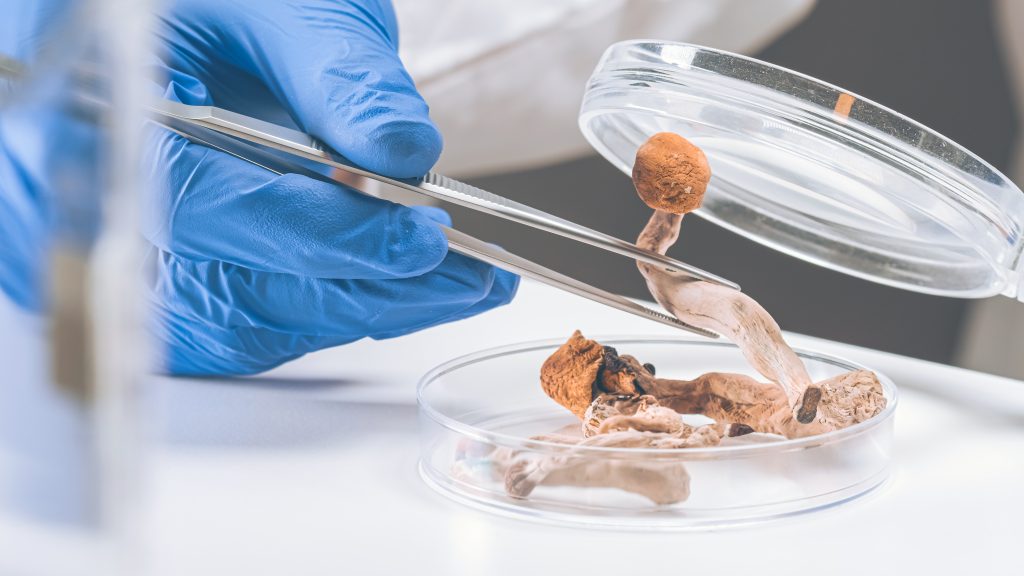







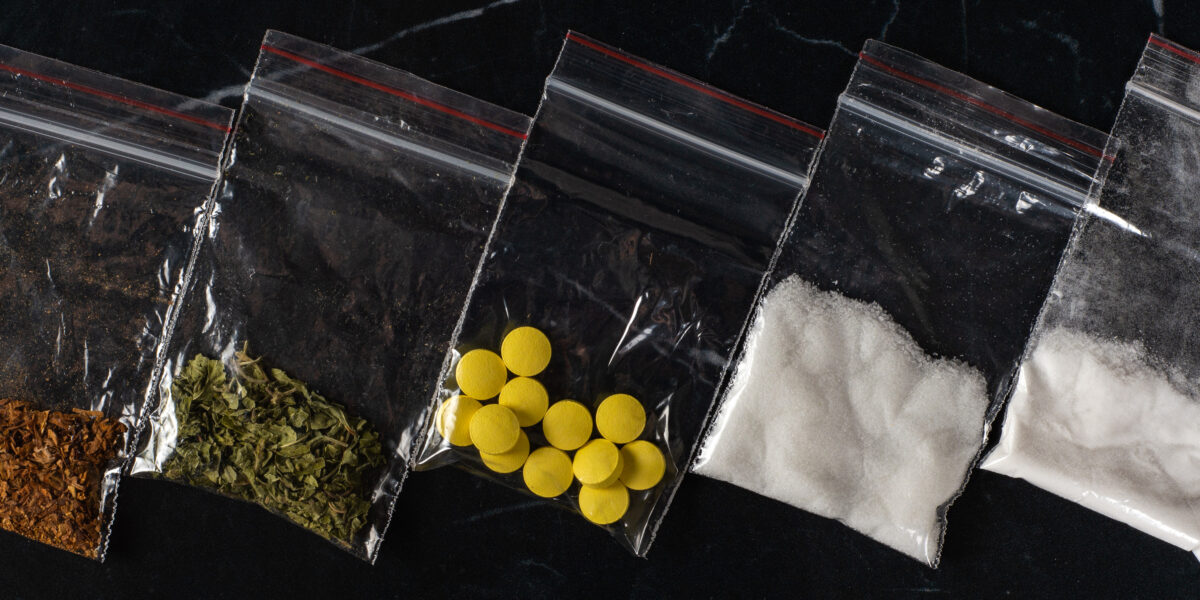

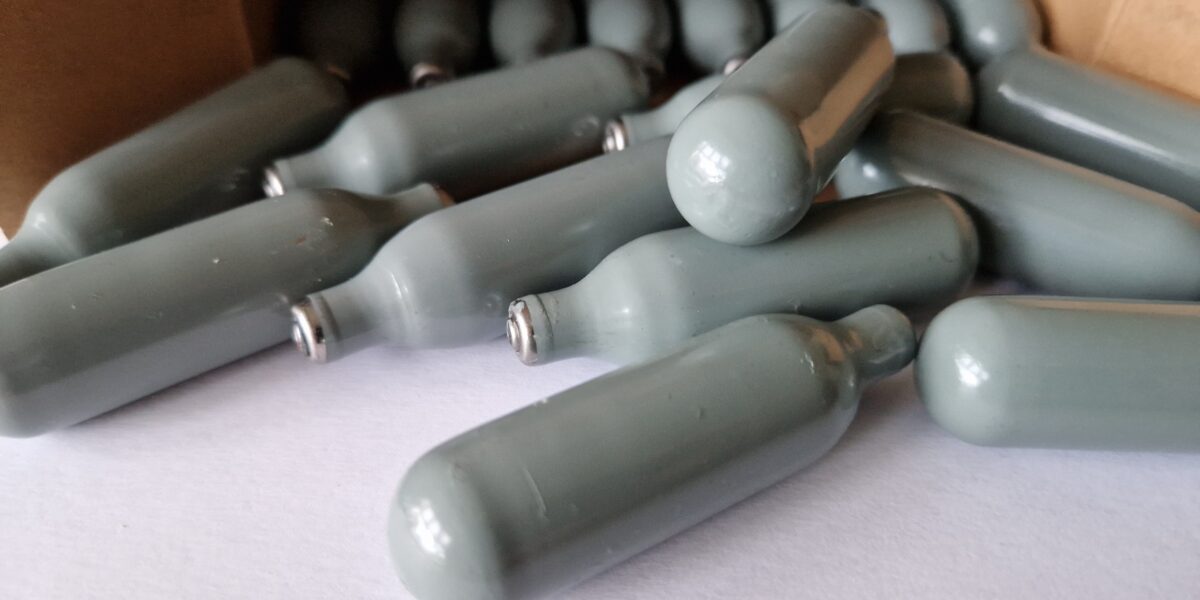
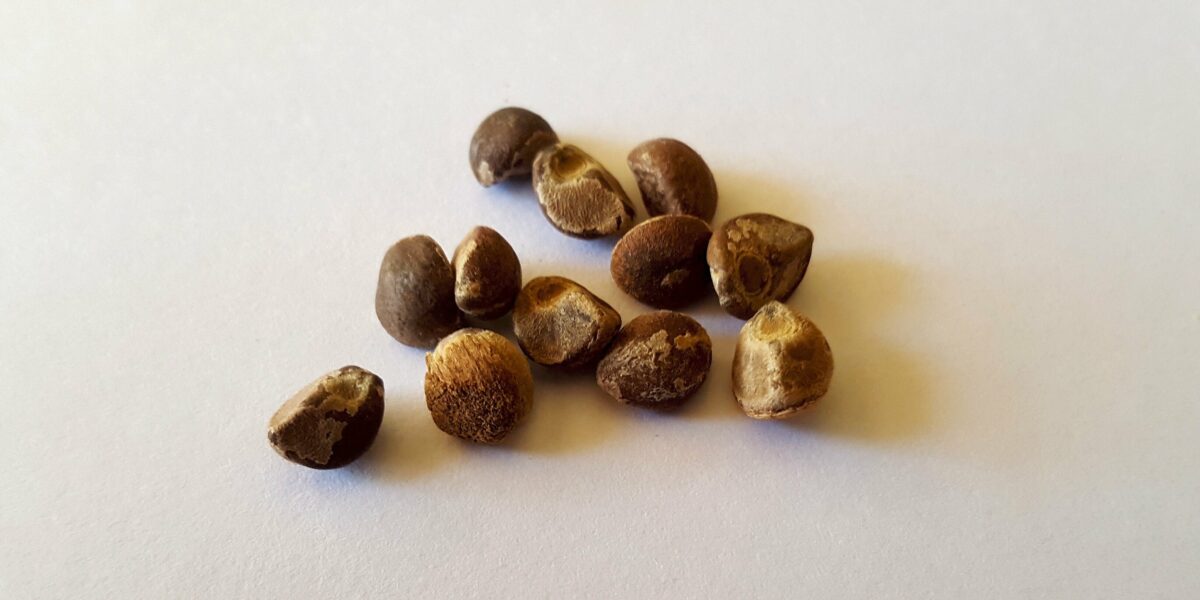
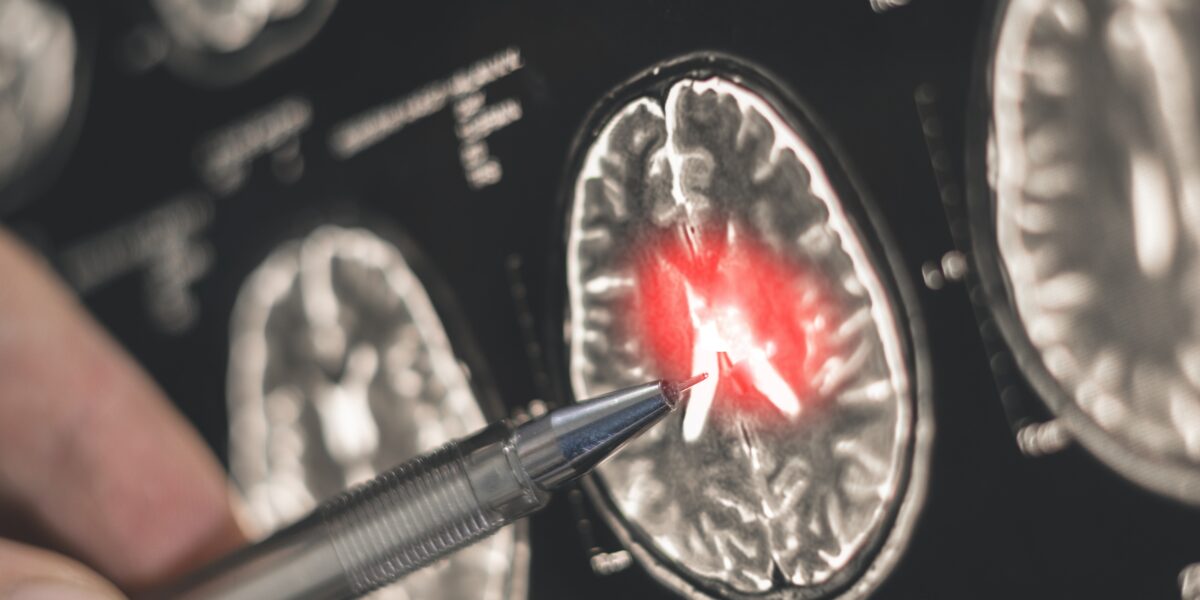
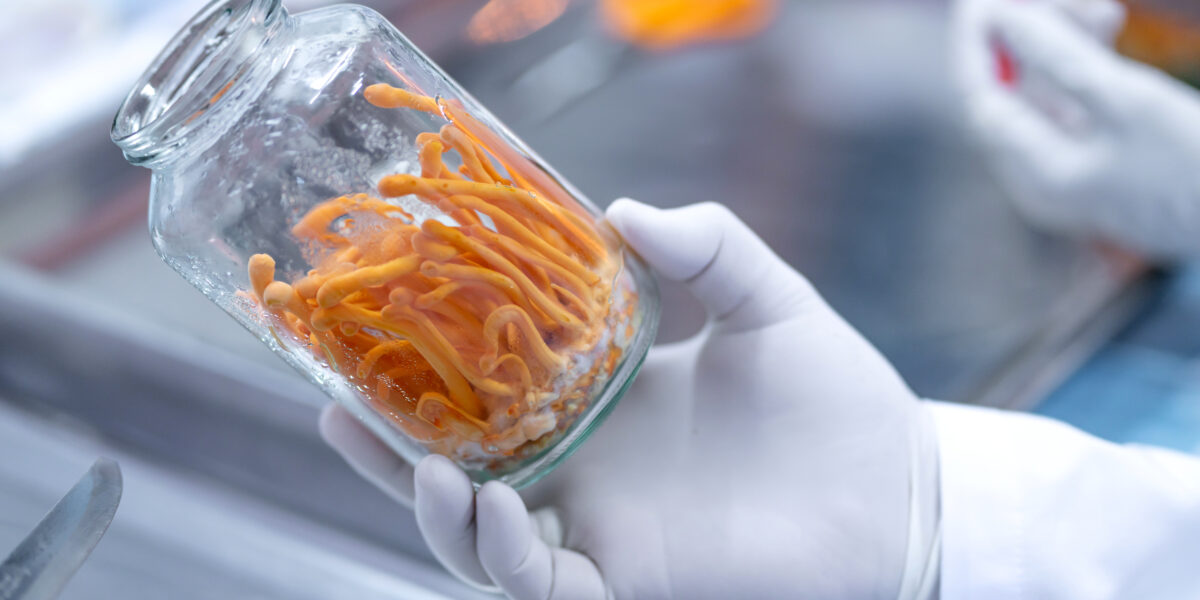
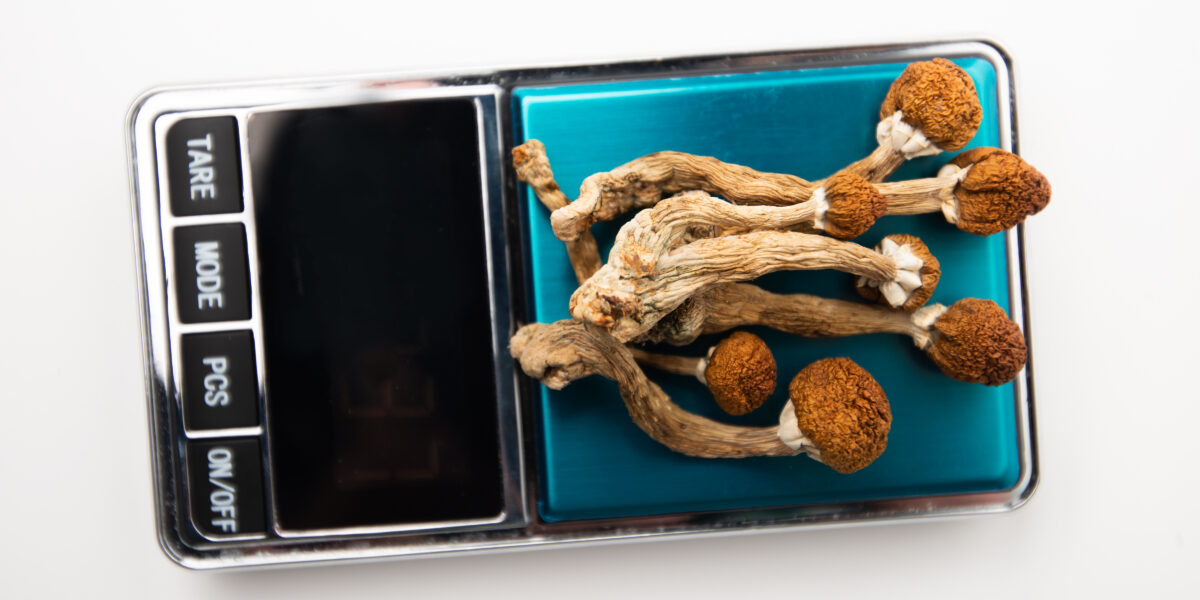
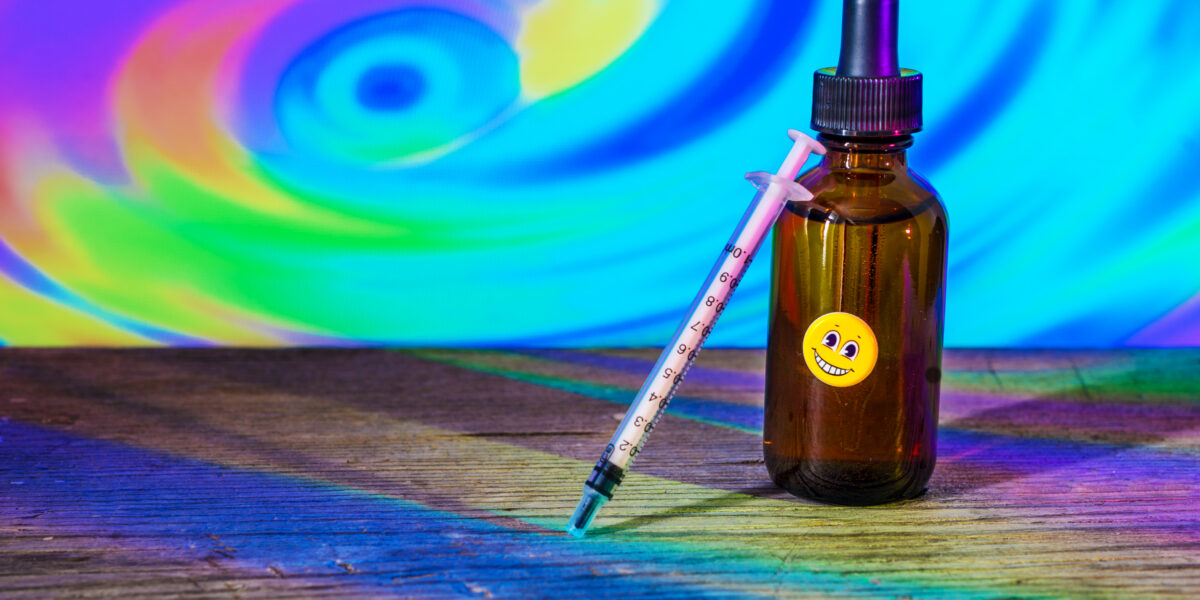



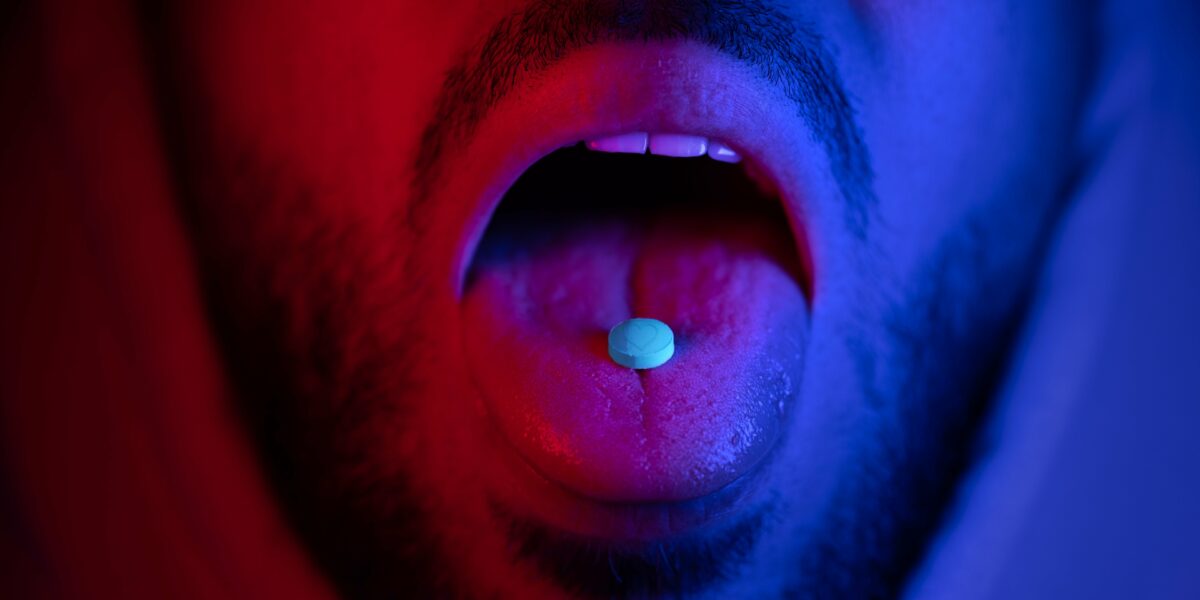


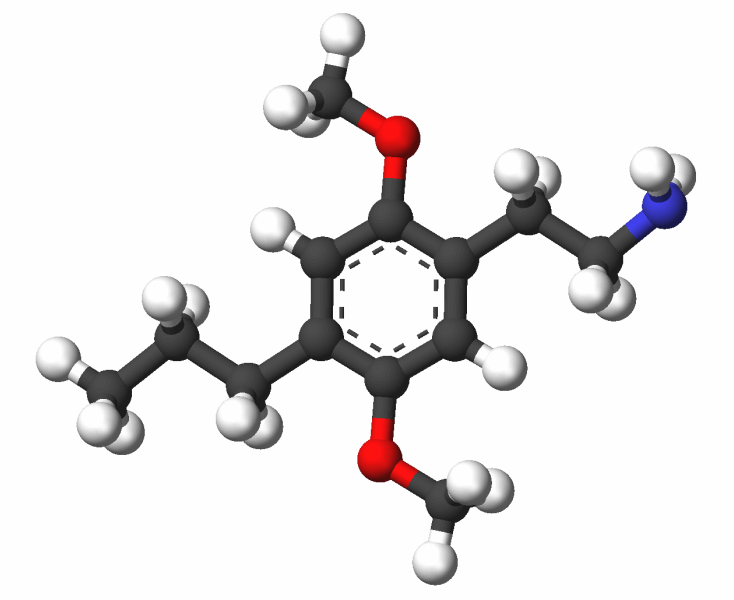





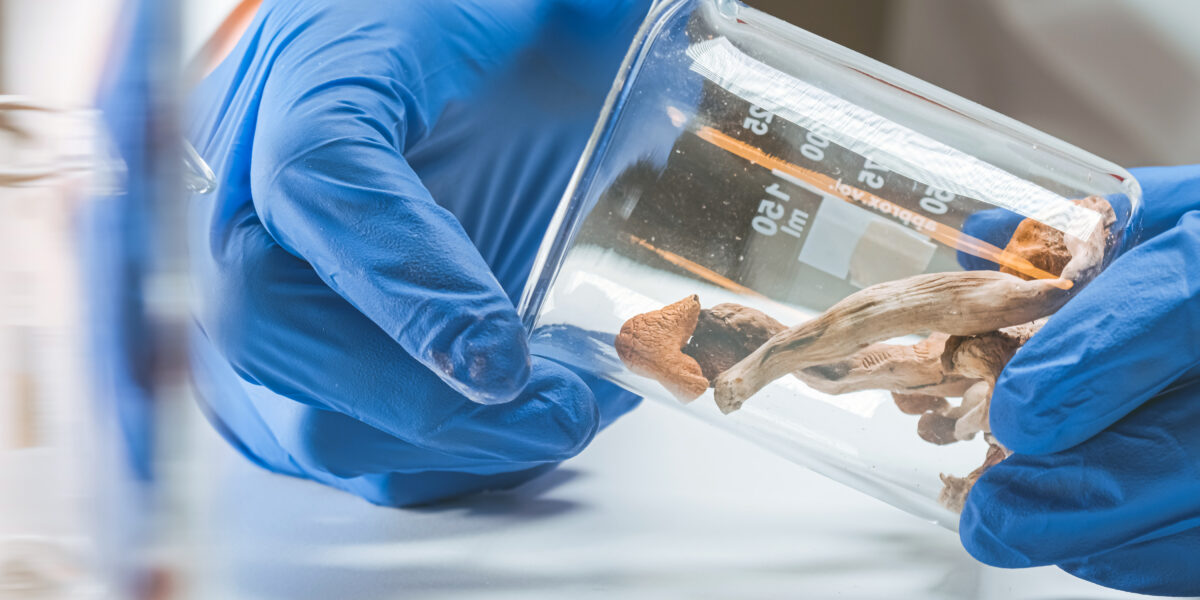
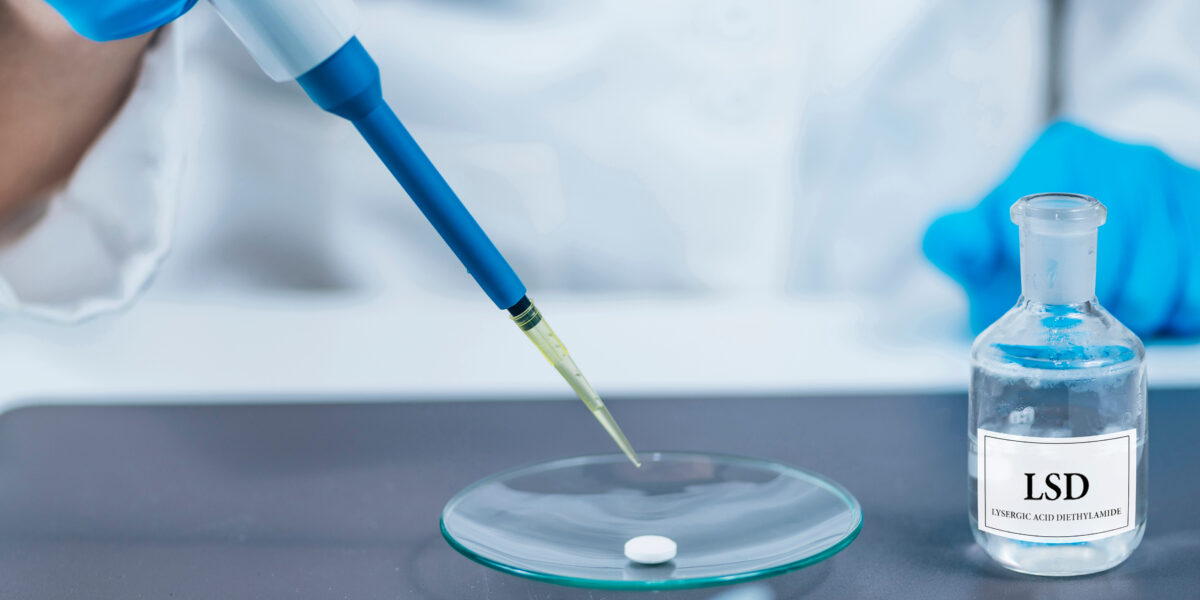


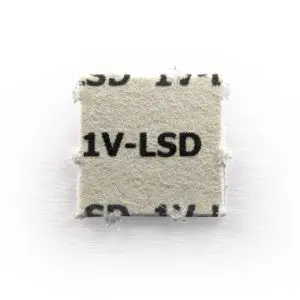
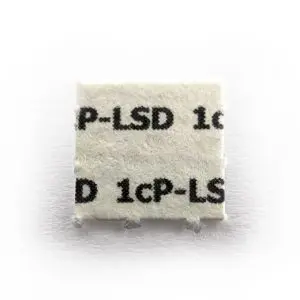
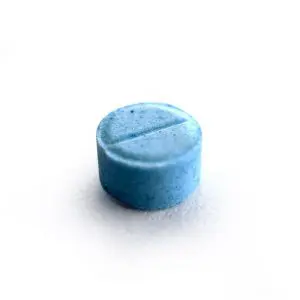

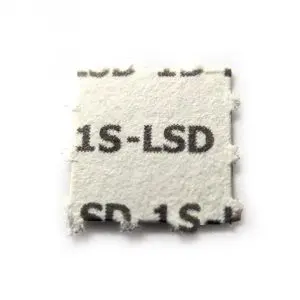

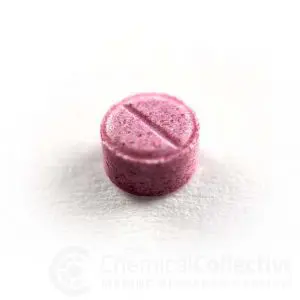
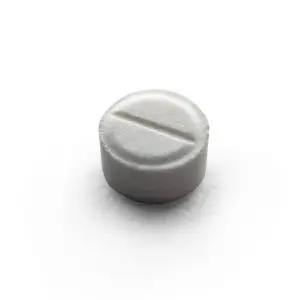
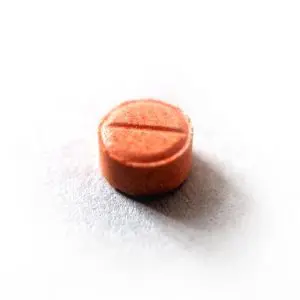
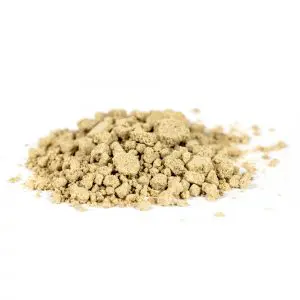
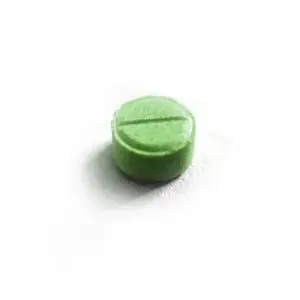
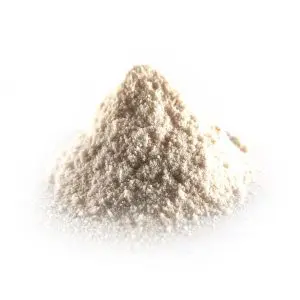
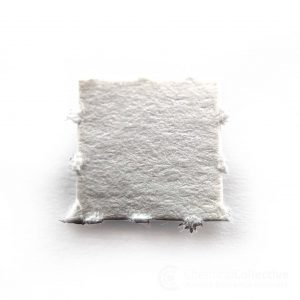
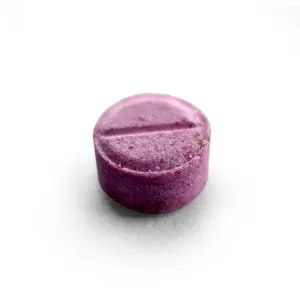




share your toughts
Join the Conversation.